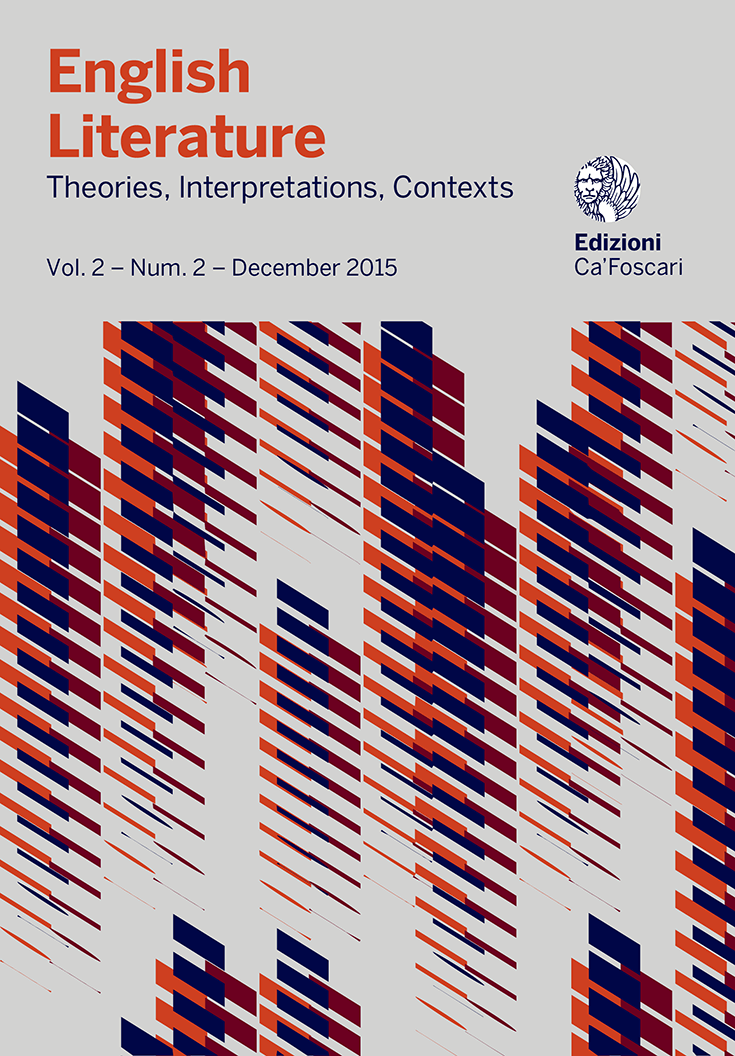
- search 395 views
- file_download 24 download
- keyboard_capslock metadata
-
mark_email_readIscriviti alla newsletter
Impure Researches, or Literature, Marketing and Aesthesis
The Case of Ouida’s «A Dog of Flanders» (1871‑Today)
abstract
“Impure researches” are those that mix methodologies and types of data, and in particular reminds readers that reading is an impure bodily as well as mental experience. The article argues that if we neglect how our perception of the material format of a text affects our understanding, we stand to risk being blind to how a text comprises the ever increasing sum of the history of its sensuous presentation and perception. It takes as a case study the publication history of Ouida’s most popular short story, «A Dog of Flanders» (1871). The story has uniformly been defined as a children’s story from the late twentieth century onwards, yet this labelling is a result of marketing decisions that arose in the 1890s which affected the material format the story appeared in and thereafter the interpretative choices of critics and readers in general. By polluting both literary and book history through my own corporeal encounters with various material forms of this text, I am seeking to exemplify, in an iterable, practical way, claims by feminist and queer critics whose «return to the body» risks at times appearing immaterial and generic.
Keywords: Ouida • Materiality of reading • «Dog of Flanders» • Print history